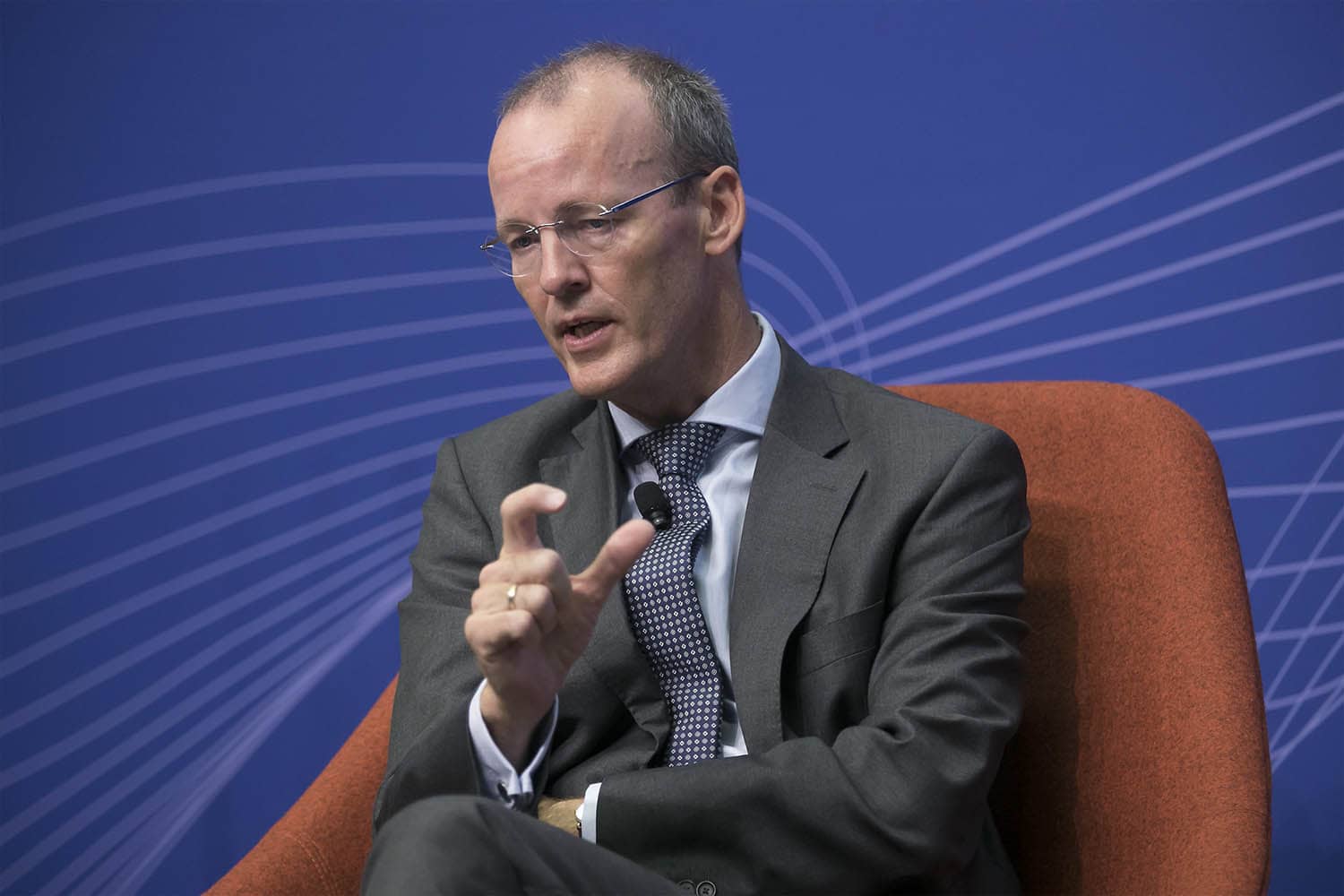ECB's Knot Helps Euro Exchange Rates Higher

Above: ECB Board Member and Head of the Dutch central bank, Klaas Knot. Image © ECB.
The Euro was seen trading higher mid-week with analysts saying at least some of the gains can be attributed to a member of the European Central Bank saying emergency measures introduced to deal with the pandemic could be fazed starting in September.
ECB Governing Council member Klaas Knot said the emergency quantitative easing programme - known as PEPP - was on target to be fazed out from September 2021 through to March 2022 thanks to expectations for stronger economic growth in the outlook.
The move would prompt a tightening in monetary conditions in the Eurozone, creating the conditions conducive to higher bond yields and attendant higher Euro exchange rates.
"Comments from ECB hawk Knot is helping to put the EUR on the offensive," says Bipan Rai, North America Head, FX Strategy at CIBC Capital Markets.
Knot, who is President of De Nederlandsche Bank (DNB), told a hearing in front of Dutch lawmakers that the Eurozone economy is on course for a robust recovery in the second half of the year which would allow for the ECB to step back.
"If the economy develops according to our baseline, we will see better inflation and growth from the second half onwards," Knot said. "In that case, it would be equally clear to me that from the third quarter onwards we can begin to gradually phase out pandemic emergency purchases and end them as foreseen in March 2022."
Secure a retail exchange rate that is between 3-5% stronger than offered by leading banks, learn more.
The rule of thumb in currency markets is that when a central bank reduces support via cutting quantitative easing or raising interest rates the currency it issues can appreciate in value.
The Euro-to-Dollar exchange rate (EUR/USD) was seen higher at 1.1870 while the Euro-to-Pound exchange rate accelerated its recent recovery to reach 0.8624.
"EUR/USD is firmer and testing its 200‑day moving average at 1.1891. ECB Governing Council member Klaas Knot pointed‑out today that if the economy develops according to the ECB’s baseline, pandemic emergency purchases can gradually be phased‑out from the third quarter onwards and end as foreseen in March 2022," says Elias Haddad, Senior Currency Strategist at Commonwealth Bank of Australia.
The ECB said it would step up the pace of bond buying under its €1.85TRN Pandemic Emergency Purchase Programme (PEPP) at its March 15 meeting, saying the move was needed to ensure yields on Eurozone bonds were kept under control.
"Based on a joint assessment of financing conditions and the inflation outlook, the Governing Council expects purchases under the PEPP over the next quarter to be conducted at a significantly higher pace than during the first months of this year," the ECB said in a statement at the time.
Despite the rally in the EUR/USD exchange rate in the wake of the Klass comments, Haddad warns of a risk is it may take longer for growth momentum to shift in favour of the Eurozone.
"The vaccination progress in the Eurozone is significantly lagging that of the US and coronavirus infection rates in the Eurozone are on the rise again. As such, EUR/USD is vulnerable to a move lower towards 1.1700 in the near-term," says Haddad.
{wbamp-hide start}
GBP/EUR Forecasts Q2 2023Period: Q2 2023 Onwards |
Rai says "it still feels as though the EUR will need to go through a brief distributive phase which should take EUR/USD to 1.16."
Analysis from UniCredit - the Milan based international financial services provider - meanwhile reveals the low in the Euro-to-Dollar exchange rate's early-2021 decline is yet to be completed as markets readjust for stronger-than-expected U.S. economic performance, but a recovery back above 1.20 is still possible before the year is out.
"The US fiscal plan launched by the Biden administration has raised expectations that the US economy may reach pre-COVID-19 levels much faster than the rest of the world amid increasing risks of overheating," says Roberto Mialich, FX Strategist at UniCredit.
The U.S. economy has outperformed its peers thanks to a combination of a rapid vaccine rollout and a strong fiscal boost to the economy provided by the Biden administration.
This momentum is likely to remain entrenched following confirmation by the administration on Tuesday that by April 19 all U.S. adults would be invited to step forward for their vaccine.





